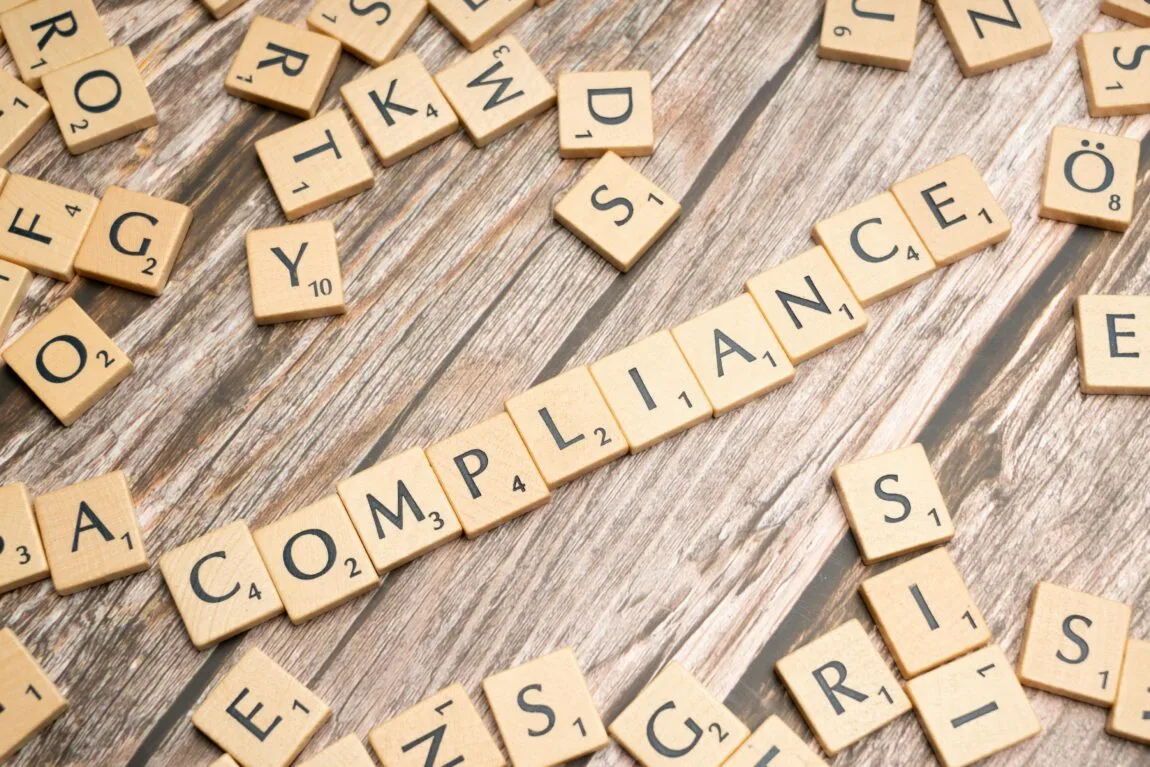Navigating contract compliance can be as intricate as the agreements themselves. Each contract brings a set of obligations and opportunities that, if managed well, can dramatically benefit your organization. This guide is designed to help demystify the process of achieving comprehensive contract compliance.
We explore everything from the basic definitions to advanced best practices, providing you with the knowledge to review, manage, and optimize your contracts with confidence. Read on as we unpack the essentials of contract compliance and offer practical advice to integrate into your business strategy.
What is contract compliance?
Contract compliance refers to the rigorous process of all parties in a contractual agreement adhering to its terms from start to finish. This involves an understanding and alignment of expectations, deliverables, timelines, and legal requirements. Compliance secures all involved parties from potential disputes or legal issues by guaranteeing that each aspect of the contract is executed according to the agreement.
The process of compliance also requires proactive management to confirm that contractual obligations are met efficiently, adapting to changes in business environments, regulatory landscapes, and operational capacities. For a contract to be considered fully compliant, it must not only meet the explicit stipulations but also align with broader legal standards and ethical practices.
Challenges of contract compliance
As with all things contract review, the process of contract compliance presents three primary obstacles.
Complexity of contracts. Modern business agreements often contain detailed provisions tailored to specific deals or conditions, which vary between industries or even individual partnerships. This level of detail necessitates a deep understanding and careful management to avoid overlooking critical elements.
Legal ramifications. If parties fail to adhere to the agreed terms, it may lead to litigation, financial penalties, or severe damage to business relationships. Staying informed about relevant laws and adjusting contracts accordingly is a continual challenge that requires attention and legal oversight.
Evolving regulations. Regulatory changes impact how contracts are executed and managed. Businesses must implement systems to monitor these changes and adapt their compliance strategies. Failure to update compliance practices in line with new regulations can expose a company to legal risks.
Together, these factors contribute to a challenging environment where contract management and compliance are about managing risks and maintaining a proactive stance in contract administration.
Why is contract compliance important? 4 Benefits
Contract compliance goes beyond following legal guidelines. It plays a role in any business’s stability.
Legal safety
Adhering to contract compliance ensures legal safety, protecting businesses from the repercussions of breaches, such as disputes or legal actions. Maintaining this compliance shields companies from potential fines and legal sanctions, allowing them to operate within the framework of the law.
This foundational security is crucial for any business looking to sustain its operations and avoid costly legal battles.
Negotiation leverage
Understanding and applying negotiation strategies is an integral part of contract compliance. A well-negotiated contract that clearly defines expectations sets the stage for easier compliance.
Reputation
A company’s commitment to fulfilling contractual obligations impacts its reputation. Reliable compliance practices enhance trust and reliability in business relationships. Clients and partners are more likely to engage with a company known for its integrity and adherence to agreements. This reputation for dependability can be instrumental in fostering long-term relationships and attracting new opportunities.
Financial health
Moreover, contract compliance supports a company’s financial health by preventing financial losses associated with non-compliance penalties and legal costs. Proactive contract management also optimizes operational efficiency and reduces the risk of financial discrepancies related to disputes.
How to ensure contract compliance

Ensuring contract compliance involves a systematic approach to review, manage, and monitor all aspects of your agreements. Below is a checklist that outlines each step in the contract compliance process:
| Understand the contract fully | Start by thoroughly understanding every element of the contract. Ideally, parties should have a clear interpretation of terms, conditions, and expectations. |
| Implement review processes | Develop a comprehensive review process that involves multiple layers of checks. Consider using AI contract review software to scrutinize the details. |
| Use technology to your advantage | Embrace contract management software to track terms, deadlines, and compliance requirements. This technology supports consistent compliance. |
| Regular compliance audits | Schedule regular audits to examine adherence to contract terms. This helps identify any potential compliance issues early and address them proactively. |
| Manage changes/amendments carefully | Handle any modifications to the contract with a formal amendment process. Document changes and communicate them clearly to all relevant parties. |
| Strengthen communication channels | Maintain open and effective communication among all stakeholders. Regular updates and meetings can prevent misunderstandings across the board. |
| Monitor regulatory changes | Keep abreast of any changes in the legal and regulatory environment that could affect your contracts. Adjust your compliance strategies accordingly. |
| Document everything | Keep detailed records of all contract-related activities and communications. This documentation will be invaluable in the event of disputes or audits. |
| Train and educate your team | Make sure that everyone involved in the contract management process understands their role in compliance. Continuous education on new laws and contract terms is crucial. |
| Review and optimize the approval process | Streamlining the approval process can reduce delays and errors in contract compliance. Check Superlegal’s guide on streamlining your approval process. |
7 Best practices for contractual compliance
Maintaining contract compliance is critical for any business seeking to minimize risk and enhance operational success. When you adhere to a set of best practices, particularly in the area of contract review, you guarantee compliance. Here are some key practices to consider:
- Prioritize contract reviews. A thorough review of each contract before signing is vital. This practice allows for the identification of ambiguous terms, potential conflicts, and areas that may require negotiation. Address these issues upfront, and you’ll prevent future compliance problems.
- Standardize contract processes. Develop and implement standard procedures for creating, reviewing, and managing contracts. Standardization helps to maintain consistency across all contracts, making it easier to manage compliance and reduce the likelihood of errors. For example, a manufacturing firm might standardize their procurement contracts to include specific clauses on delivery timelines.
- Regular training for stakeholders. Conduct regular training sessions for all stakeholders involved in the contract process. The reason why it’s so important to educate your team on the latest compliance requirements and review processes is because it helps maintain high standards of contract compliance.
- Leverage expertise. Involve legal and compliance experts during the contract review process. Their expertise ensures that all contracts comply with applicable laws and regulations and that best practices in risk management are followed. Imagine a software company negotiating licenses with clients. If you have a legal expert review, you could prevent violations of software licensing laws (if any).
- Use technology. Implement AI contract review software and/or contract management software that can automate and streamline aspects of the contract lifecycle. Technology can help track compliance milestones, alert managers to upcoming obligations, and store documentation for easy access.
- Monitor and audit regularly. Regular monitoring and auditing of contracts ensure ongoing compliance and can identify potential issues before they escalate. A healthcare provider may implement quarterly audits on patient data handling agreements to ensure compliance with HIPAA regulations. This proactive approach allows for timely adjustments to strategies as compliance requirements evolve.
- Focus on cost-effectiveness. A thorough contract review prevents compliance breaches and proves to be cost-effective in the long run. Preventing legal disputes and non-compliance penalties saves substantial costs. We’ve written on the Superlegal blog a detailed analysis of contract review cost.
The strategic path to contract compliance
Contract compliance is essential for the stability and growth of any business. This guide has walked you through the ins and outs of contractual compliance—from conducting contract reviews to leveraging AI—preparing your organization to navigate agreements and negotiations with confidence.
To wrap things up, remember that the path to effective compliance is ongoing and dynamic. Regular updates, continuous education, and the willingness to adapt are essential. Embrace these best practices, leverage the right tools, and build a compliance-aware culture to meet and why not exceed the regulatory expectations and ethical standards that shape successful businesses today.







By entering your email, you agree to our Terms & Conditions and Privacy Policy.